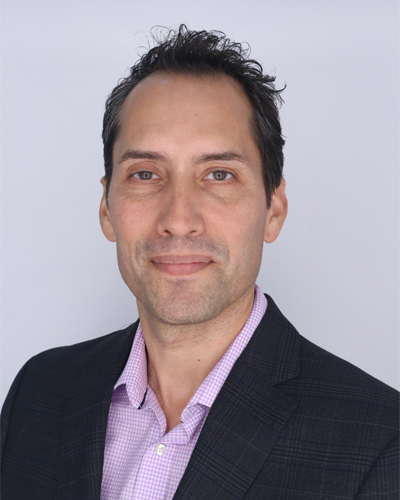
Peter T. Flawn Professorship
Stephen Wirkus, PhD
Peter T. Flawn Professorship
Professor, Mathematics
Stephen Wirkus’ research interests include applied mathematics, mathematical biology, modeling and simulation, and nonlinear dynamical systems.
Wirkus has made significant contributions to his field, co-authoring three sophomore-level textbooks in differential equations and over 30 scholarly articles in peer-reviewed journals such as the Journal of Theoretical Biology, Bulletin of Mathematical Biology, Mathematical Medicine and Biology, and Mathematical Biosciences and Engineering. He has presented his research at conferences both nationally and internationally, including the Society for Mathematical Biology (SMB) Conference, the International Congress on Industrial & Applied Mathematics (ICIAM), and the Society for Industrial and Applied Mathematics (SIAM) Annual Meeting.
Working with fellow researcher Dr. Erika Camacho, their research resulted in publishing the first mechanistic models of interacting photoreceptors in the retina, which gave critical insight into degenerative eye diseases. To date, Wirkus’ research efforts have garnered over $5 million in competitive grant funding from organizations like the National Science Foundation (NSF), the National Security Agency (NSA) and the U.S Department of Education.
Wirkus’ teaching and research have been recognized with numerous awards, including Professor of the Year by the Arizona State University Sun Devil Family Association, the AGEP Mentor of the Year award (given by the NSF Alliances for Graduate Education and the Professoriate program), and a Leader in Undergraduate Research citation by the NSA.
Before joining the UT San Antonio faculty in 2023, Wirkus was a professor in the School of Mathematical and Natural Sciences at Arizona State University for 16 years. Prior to that, he spent time teaching at Cornell University, Cal Poly Pomona and MIT.
Wirkus earned his PhD and MS in Applied Mathematics from Cornell University. He holds a BS in Mathematics and a BS in Physics from the University of Missouri–Kansas City.